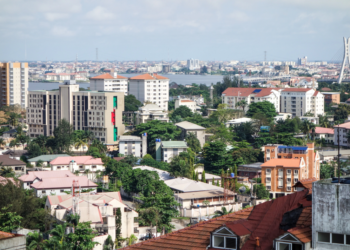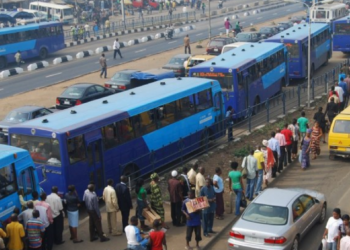Nigeria’s subnational debt profile witnessed a significant shift in 2024, as new data revealed that the combined debt stock of the 36 states declined by a massive 32.32% year-on-year, falling from N5.86 trillion in 2023 to N3.97 trillion in 2024.
The contraction signals a renewed focus by several state governments on debt sustainability, budgetary discipline, and alternative financing models amid growing fiscal pressures.
However, despite this broad-based decline, some states remain deeply entrenched in the country’s debt landscape, either due to existing financial obligations or a strategic push for infrastructure-led growth.
Here’s a breakdown of the top 10 states with the highest public debt stock in 2024 and how they compare year-on-year.
Top 10 Most Indebted Nigerian States in 2024

Benue’s public debt declined by 34.51%, down from N187.18 billion in 2023, reflecting a prudent fiscal posture and alignment with national debt sustainability objectives.
Benue’s debt decline is a reflection of cautious fiscal management, likely driven by reduced borrowing appetite, improved debt servicing, and alignment with nationwide debt sustainability efforts.
Middle-belt states like Benue have embraced more cautious borrowing policies, focusing on internal revenue improvement and expenditure controls. The move signals a broader shift toward responsible debt management across Nigeria’s northern corridor.






















